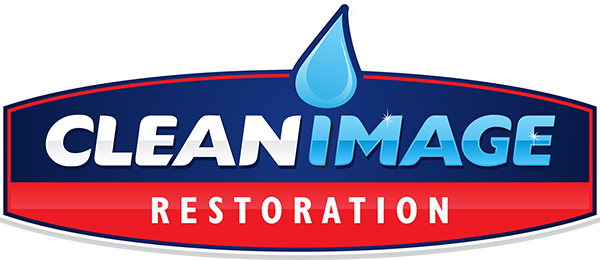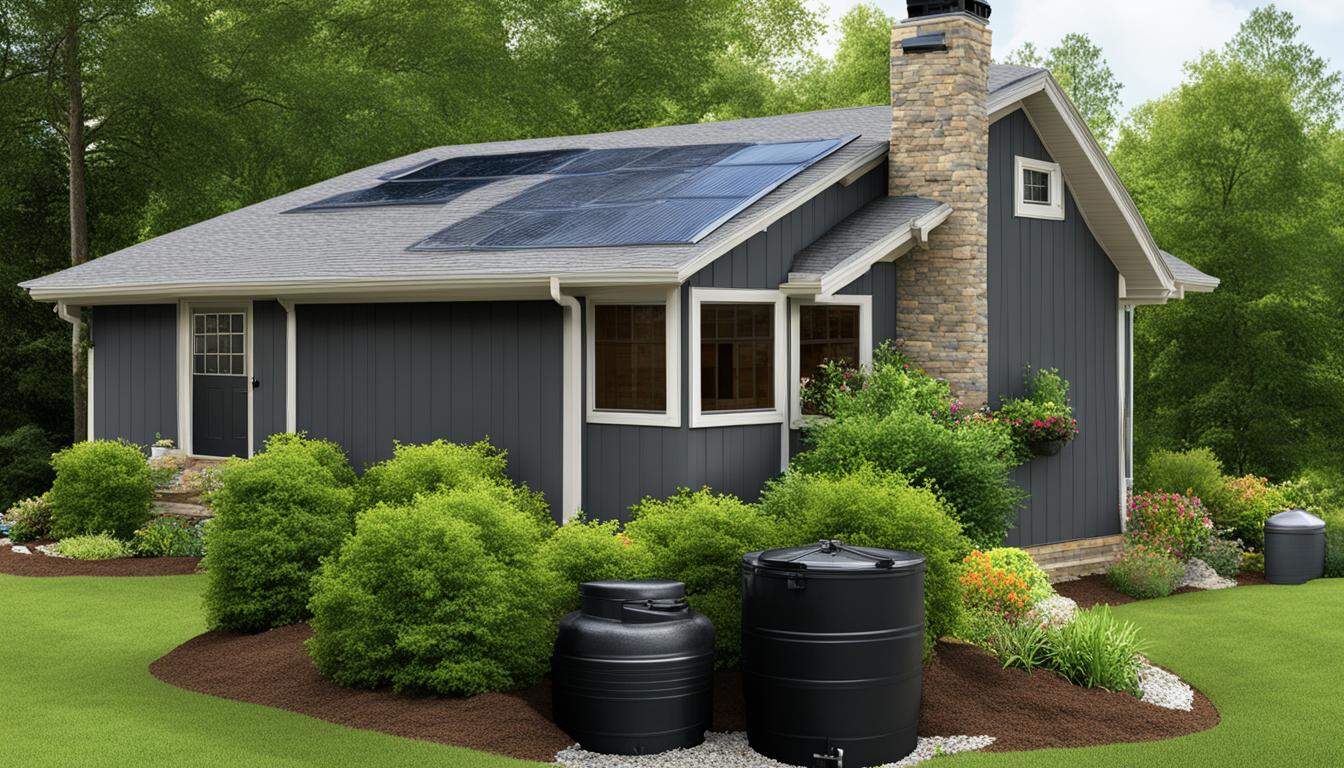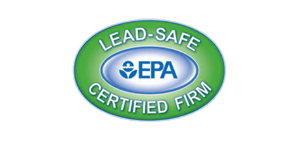Water damage can have severe consequences on your property and your family’s health. From weakening the structure to promoting mold growth and damaging your belongings, water damage is a serious issue that must be addressed proactively.
In this section, we will explore the risks associated with water damage and provide you with valuable tips on how to prevent it. Understanding the potential dangers of water damage is the first step in safeguarding your home and ensuring your family’s safety.
Key Takeaways
- Water damage can weaken the structure of your home and cause extensive damage to your belongings.
- Mold growth and waterborne diseases are significant health risks associated with water damage.
- Regular maintenance, prompt repairs, and proper drainage systems are crucial for preventing water damage.
- Acting promptly and taking preventive measures can minimize the risks of water damage and safeguard your investment.
What Damage Does Water Cause?
Water damage can have severe consequences for your home, causing both physical and health-related impacts. The effects of water damage can be extensive and costly, ranging from structural damage to health hazards. Understanding the specific damages that water can cause is crucial for taking the necessary preventive measures to protect your property and loved ones.
| Consequence | Impact |
|---|---|
| Weakened structure | Water can infiltrate the walls, floors, and ceilings, compromising the structural integrity of your home. |
| Mold and mildew growth | Water can promote the growth of mold and mildew, which can cause health problems such as allergic reactions and respiratory issues. |
| Damage to furniture, electronics, and important documents | Water can ruin your essential belongings and possessions, causing irreparable damage to electronics, furniture, and important documents. |
| Compromised electrical systems | Water can compromise the integrity of your electrical systems, leading to electrical hazards and posing safety risks. |
To minimize the consequences of water damage, prompt action is crucial. It is essential to address water damage as soon as possible to prevent further damage and mitigate the risks associated with it. In the next section, we will discuss the structural impact of water damage and the potential long-term consequences of ignoring it.
Structural Impact of Water Damage
Water infiltration can have severe consequences for your home’s structural integrity. The foundation, walls, floors, and ceilings are all vulnerable to damage if water is left unaddressed. Over time, water damage can lead to compromised foundations that jeopardize the stability of your home.
One of the most significant risks of water damage is structural damage. Without proper attention, water infiltration can weaken the foundation of your home and cause it to shift or crumble. Even minor leaks can have a cumulative impact over time, especially if they occur consistently.
To avoid the risk of structural damage to your home, it is crucial to address water damage promptly. After all, even small amounts of water infiltration can quickly escalate into a significant problem if left unaddressed. Don’t wait to call a professional if you suspect water damage.
It is essential to realize that even seemingly small amounts of water damage can have long-term consequences. If you ignore water infiltration and structural damage, your home may become unsafe, and the cost of repairs could skyrocket.
| Signs of Structural Damage | What it Means |
|---|---|
| Cracks in the foundation or walls | Foundation or wall is shifting or settling |
| Uneven or sagging floors | Floor may be separating from the foundation or weakened by mold and rot |
| Bowing ceilings | Water is trapped overhead, or there is significant damage to the attic and roof structure |
As you can see, it is essential to take water infiltration seriously, particularly when it comes to the health and safety of your home’s structure. Get help right away and take steps to prevent further damage.
Health Risks Associated with Water Damage
Water damage can have severe consequences on your health and well-being. Mold growth and waterborne diseases are some of the significant risks associated with water damage.
When water damage occurs, mold growth is often the consequence. Mold can aggravate allergies, asthma, and other respiratory conditions. It can also cause skin and eye irritations, headaches, and fatigue.
Furthermore, stagnant water resulting from water damage can become a breeding ground for waterborne diseases. Bacteria and viruses can thrive in such areas and cause gastrointestinal illnesses, skin infections, and other health issues.
It is essential to take preventive measures to avoid water damage and associated health hazards. If you suspect that your home has been affected by water damage, act promptly to mitigate it. Ensure proper ventilation, and promptly repair any leaks or water damage spots to prevent mold growth.
Damage to Belongings and Possessions
When water damage strikes your home, your valuable possessions are not immune to its harmful effects. Water can damage your furniture, rendering it unusable and increasing the cost of replacement or restoration. Electronics, such as TVs, computers and audio systems, can short-circuit, become dangerous, and not safe to use. Plus, critical documents and books can experience irreparable water damage, destroying vital information, from birth certificates to college degrees.
Thus, it is essential to act quickly to avoid further harm. The longer the water sits, the more irreversible damage it can cause. You should take steps to dry and clean any affected areas, and seek the assistance of professionals when necessary.
Knowing what to do, however, is not always easy. Resolving the issue can imply navigating insurance policies or deciding whether to repair or replace specific belongings. This where professional expertise comes in useful. A professional service could offer advice and guidance about what should be restored and what you may need to replace. A professional water damage service can handle your restoration from start to finish, including negotiating with your insurance company on your behalf.
Electrical Risks and Water Damage
Water damage not only affects the structure and your possessions, but it can also pose significant electrical hazards. When water comes into contact with electrical systems, appliances, or outlets, it can result in serious injuries or even death.
Examples of electrical hazards caused by water damage include electric shock, fires, short circuits, and electrocution. Additionally, it might not be immediately apparent that there is water damage to electrical systems. Still, the impact can slowly damage the electrical system over time, causing significant problems that later on require costly repairs.
Therefore, it’s imperative that you follow safety precautions concerning electrical safety when dealing with water damage issues. Here are some tips to help minimize the risks and prevent electrical hazards when addressing water damage:
- Turn off the electricity: Before starting cleaning up the water or begin repairs, ensure to completely turn off the electricity at the main breaker to avoid electrocution and electrical fires during the cleaning and repair process.
- Wear protective equipment: Always wear rubber gloves, boots, and other safety gear while working in the water-damaged areas to prevent electric shocks.
- Contact a professional electrician: Never attempt to fix an electrical problem on your own after water damage. Always reach out to a professional electrician, qualified to handle electrical installations, repairs, and maintenance to ensure safety.
- Test electronic appliances: If any electronic appliances such as fridges, computers, stoves, or microwaves have been wet, do not plug them in after cleaning and repair work. Instead, take such appliances before re-use to a certified repair shop or technician for testing and cleaning to avoid electrical hazards.
By following these safety precautions when dealing with electrical hazards caused by water damage, you can ensure the safety of your home and family.
Conclusion
In conclusion, water damage can have significant consequences for your home and family, including structural damage, health risks, and loss of belongings. However, by following the prevention tips provided in this article, you can minimize the risks of water damage and ensure the safety of your property.
Regular maintenance, prompt repairs, and installation of proper drainage systems are essential to prevent water damage. Additionally, it is crucial to address any signs of water damage promptly to avoid costly repairs and potential health hazards.
Remember, water and electricity do not mix, and water damage can pose serious electrical hazards. Always take precautionary measures to minimize the risks of electrical shocks and fires, such as turning off the power supply and seeking professional help.
By taking proactive measures and addressing water damage promptly, you can protect your home, your family, and your investment. Don’t wait for the damage to occur, act now to prevent water damage and safeguard your property.
FAQ
What are the risks associated with water damage?
Water damage can lead to structural issues, mold growth, damage to belongings, electrical hazards, and potential health risks. It is important to address water damage promptly to mitigate these risks.
How can I prevent water damage in my home?
To prevent water damage, you should regularly maintain your home’s plumbing system, ensure proper drainage, install a sump pump, inspect and repair roof leaks, and monitor areas prone to water infiltration, such as basements and bathrooms.
What are the consequences of water damage?
The consequences of water damage can include weakened structural integrity, mold and mildew growth, damage to furniture, electronics, and important documents, and compromised electrical systems. Prompt action is necessary to mitigate these consequences.
How does water damage impact the structure of a home?
Water damage can compromise the foundation, walls, floors, and ceilings of a home. If left unaddressed, it can lead to costly repairs, development of mold and mildew, and further deterioration of the structure.
What health risks are associated with water damage?
Water damage can promote the growth of mold, which can lead to respiratory issues and allergic reactions. Additionally, there is a risk of waterborne diseases, especially if the water source is contaminated. It is important to address water damage promptly to minimize these health risks.
Can water damage ruin my belongings?
Yes, water damage can ruin furniture, electronics, appliances, and important documents. It is crucial to address water damage quickly to minimize losses and preserve your belongings.
Are there electrical risks associated with water damage?
Yes, water and electricity pose serious hazards. Water damage can lead to electrical system damage, appliance malfunctions, and compromised outlets. It is important to take safety precautions and avoid contact with electrical systems in water-damaged areas.
How can I protect my home from water damage?
To protect your home from water damage, you should regularly inspect and maintain your plumbing system, ensure proper drainage, install a sump pump, address roof leaks promptly, and consider installing a water detection system.
What should I do if I discover water damage in my home?
If you discover water damage in your home, it is important to take immediate action. First, stop the source of water if possible. Then, remove standing water and dry out the affected areas. If necessary, contact a professional water damage restoration company for further assistance.









